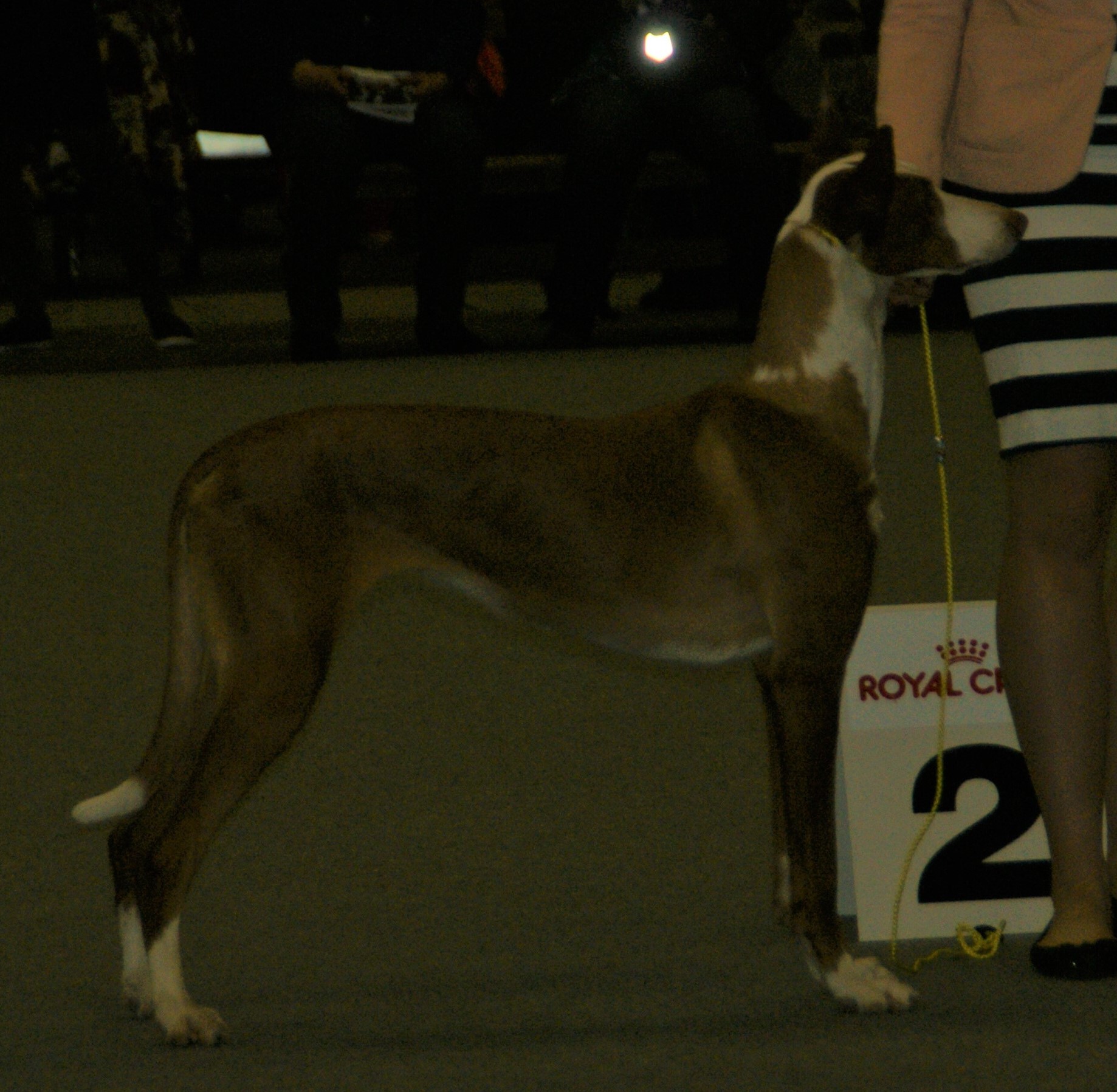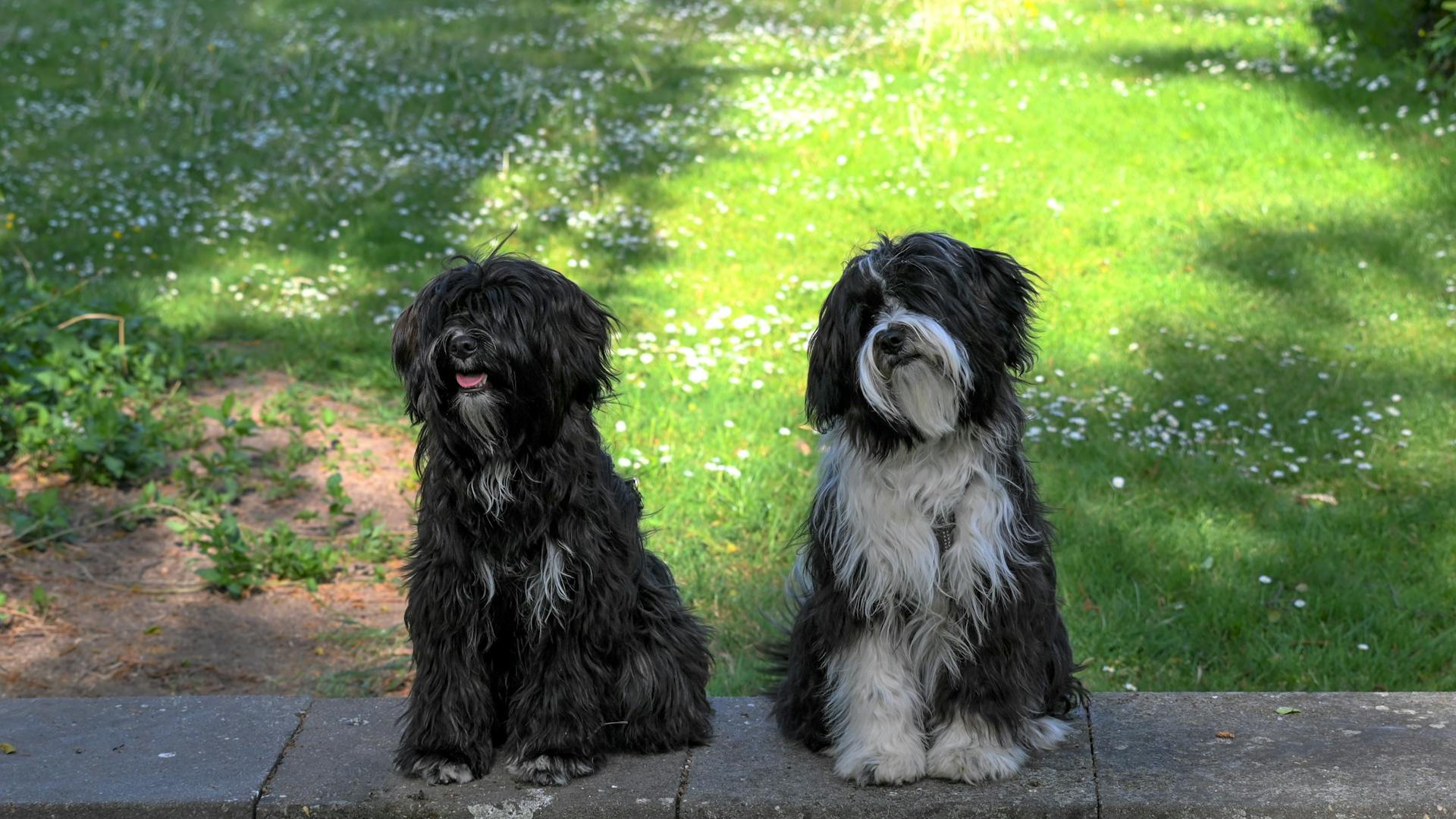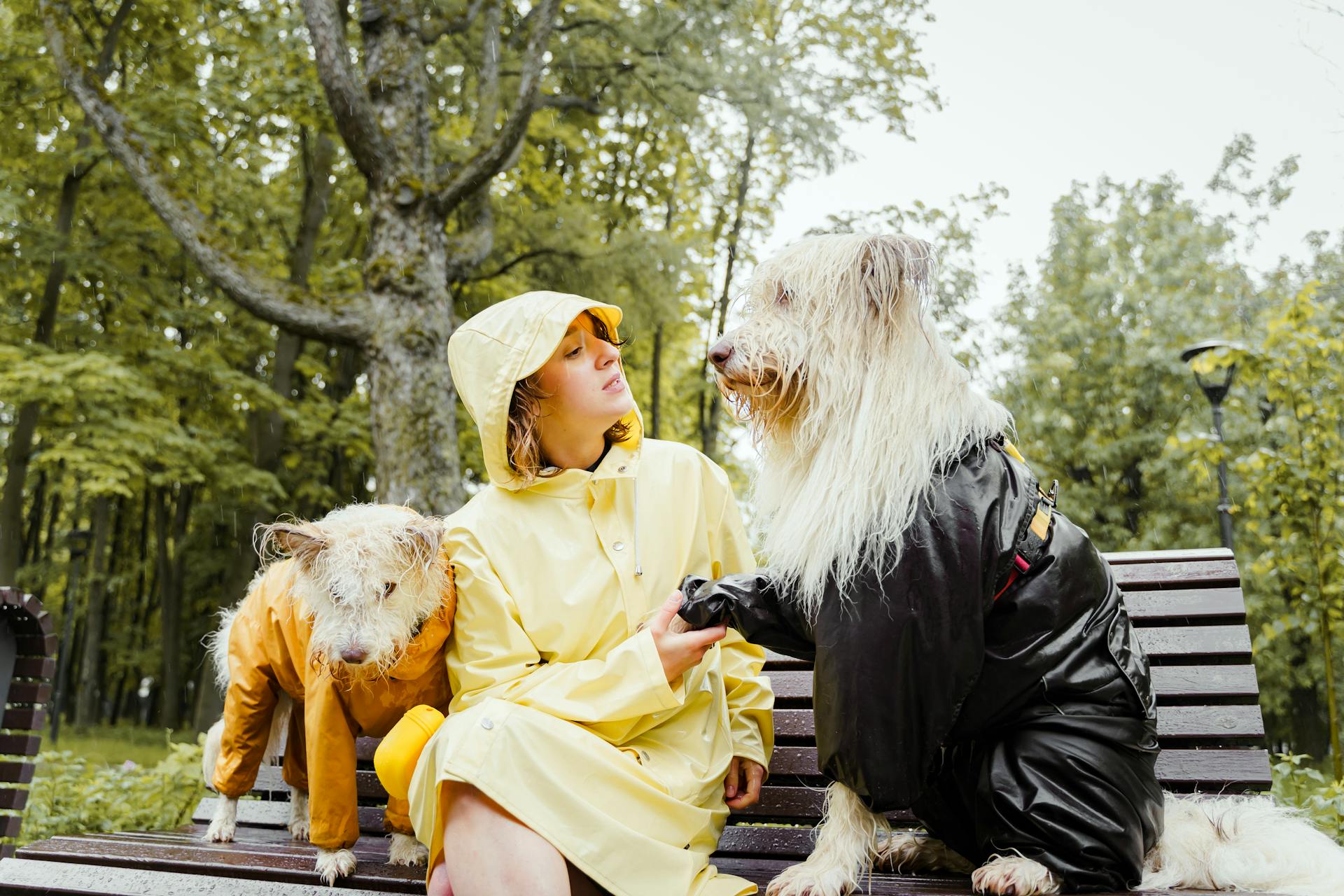
Adopting an Ibizan Hound can be a wonderful experience, but it's essential to understand their unique needs and characteristics. They're an ancient breed, originating from the island of Ibiza, and are known for their strong hunting instincts.
Ibizan Hounds are typically energetic dogs that require regular exercise to stay happy and healthy. They need at least an hour of exercise per day, which can be a challenge for busy owners.
Ibizan Hounds are generally good with children, but it's crucial to socialize them well to ensure they're comfortable around kids. With proper training and socialization, they can make excellent family pets.
Their short coats require minimal grooming, but their ears need regular cleaning to prevent infections. Regular ear care is a must to keep your Ibizan Hound healthy and happy.
Adoption Process
The adoption process for an Ibizan Hound can be a rewarding experience, but it's essential to know what to expect. The first step is to find a reputable breeder or rescue organization.
Ibizan Hounds are a rare breed, and it may take some time to find one available for adoption. You can start by contacting local breeders or checking online directories.
Researching the breed's needs and characteristics will help you prepare for the responsibilities of dog ownership. Ibizan Hounds require regular exercise and mental stimulation to prevent boredom and destructive behavior.
Once you've found a potential adopter, the breeder or rescue organization will typically conduct a home visit to ensure you're prepared to provide a suitable environment for the dog. This may involve meeting your family, inspecting your home, and discussing your lifestyle.
Additional reading: Shiba Inu Reach 1 Cent
Where to Adopt or Buy
If you're looking to adopt an Ibizan Hound, it can be a bit of a challenge in North America. Check local animal shelters and rescue groups to see if they have any Ibizan Hounds available for adoption.
You can also try getting your name on a breed wait list, but be prepared for a wait. Reputable breeders can be few and far between, and they usually charge between $800 to $1,500 for a puppy.
If you're interested in adopting an adult Ibizan Hound, consider contacting the Ibizan Hound Club of the United States Rescue or the Ibizan Hound Club of the United States.
Here are some resources to get you started:
- Ibizan Hound Club of the United States Rescue
- Ibizan Hound Club of the United States
- American Kennel Club Breeder Listing
Return
Returning your adopted dog to a shelter or rescue organization can be a difficult decision, but it's often the best option for both you and the dog. A male Ibizan Hound stands 23.5 to 27.5 inches and weighs 50 pounds, making them a medium to large breed.
If you're considering returning your dog, it's essential to understand the return process. A female Ibizan Hound is 22.5 to 26 inches and 45 pounds, and both males and females can thrive in new homes with proper care and attention.
Breed Overview
The Ibizan Hound is a beautiful breed with a unique appearance, thanks to its long, narrow head and large, erect ears. They come in two coat types: shorthaired and wirehaired, both of which are easy to maintain.
Here are some key facts about the Ibizan Hound's physical characteristics:
Ibizan Hounds typically live for 11 to 14 years, and they come in a variety of coat colors, including red, red and white, and white.
Breed Overview

The Ibizan Hound is a medium-sized sighthound with a unique appearance. They have a long, narrow head that resembles an Egyptian jackal god, large, erect ears, and flesh-colored pigment on the nose and eye rims.
Their height ranges from 22.5 to 27.5 inches, with females being slightly shorter than males. The weight of an Ibizan Hound typically ranges from 45 to 50 pounds.
The Ibizan Hound comes in two coat types: shorthaired and wirehaired, both of which are easy to maintain. Their coat color can be red, red and white, or white.
The Ibizan Hound is known for their wonderful personality, being playful and sometimes silly, but not touchy-feely. They enjoy snuggling with their family members and can be reserved with strangers.
Here are some key characteristics of the Ibizan Hound:
- Generally even-tempered
- Great running companion
- Easy to groom and fairly low shedding
However, they do have some challenges, such as a high prey drive, which means they'll chase anything that moves quickly. They also need lots of exercise, which can be a challenge for some owners.
History
The Ibizan Hound is a breed with a rich history that spans thousands of years, or so it seemed. Genetic research has actually shown that the modern-day Ibizan Hound is a recent reconstruction of an older type.
The breed's ancestors were likely Egyptian hounds that Phoenician traders brought to the Balearic Islands, including Ibiza, roughly 3,000 years ago. They were valued for their speed and agility in hunting rabbits and hares.
The Ibizan Hound's striking resemblance to the jackal god Anubis is no coincidence, as they share a common ancestry. Ancient Phoenician sea traders may have taken the dogs to Ibiza, where they remained relatively isolated for centuries.
The breed's development on the island was influenced by its harsh conditions, which required dogs to be skilled, tenacious, and patient hunters. Only the best rabbit hunters could survive and reproduce.
The Ibizan Hound was first imported to the United States in 1956, where it gained popularity and recognition from the American Kennel Club in 1979. The breed remains relatively rare today, ranking 138th among the 155 breeds and varieties recognized by the AKC.
Related reading: 100 Years Ago Original Boston Terrier
Care and Feeding
Ibizan Hounds are adaptable to most living situations, as long as you provide them with regular walks or runs. They're perfect for condos or homes with yards, but they shouldn't be trusted off-leash unless in a safely fenced area.
An Ibizan needs a fence at least six feet high to prevent jumping, and underground electronic fences aren't reliable. They'll appreciate daily 20- or 30-minute walks or jogs, but be careful not to overexert puppies until they reach maturity.
Puppies should get 5 minutes of exercise for every month of age; a 5-month-old puppy should get no more than 25 minutes of exercise daily. Crate training is recommended to aid housetraining and prevent mischief when you're not around.
Ibizans are intelligent and can learn quickly, but they'll become bored with repetitive training. Positive reinforcement techniques like praise, play, and food rewards work best. They're sensitive dogs and may refuse to respond to harsh or boring teaching methods.
Additional reading: 4 Month Staffordshire Bull Terrier
Ibizans are relatively easy to housetrain, but crate training can help prevent accidents when you're not supervising. Remember to provide a cushion for their crate, as they have slender bodies with little fat for padding.
Adult Ibizans need 2-3 cups of high-quality dry food per day, divided into two meals. Their daily food intake depends on size, age, build, metabolism, and activity level. You should be able to see a waist when looking at your Ibizan from above, and feel but not see their ribs when placing your hands on their back.
Trim your Ibizan's nails once or twice a month to prevent overgrowth. If their nails are too long, you'll hear them clicking on the floor. Short, neatly trimmed nails keep their feet in good condition and protect your shins from scratches.
If this caught your attention, see: When Can You Mate a Female Dog
Health and Wellness
Ibizan Hounds are generally a healthy breed, but like all dogs, they can be prone to certain health issues. They can live up to 12-14 years with proper care.
Seizures are a concern for Ibizan Hounds, and they can be caused by various factors, including hereditary, metabolic disorders, or unknown causes. If your Ibizan Hound has seizures, take him to the vet immediately for diagnosis and treatment.
Allergies are a common ailment in Ibizan Hounds, and they can be caused by food, contact, or inhalant allergens. Treatment varies depending on the cause and may include dietary restrictions, medications, and environmental changes.
Axonal Dystrophy is a rare neurological disorder that affects young puppies, and it's essential to be aware of this condition if you're considering adopting an Ibizan Hound.
Regular dental care is crucial for Ibizan Hounds, and brushing their teeth at least two or three times a week can help prevent tartar buildup and gum disease.
Here are some common health issues in Ibizan Hounds, along with their risk profiles and estimated costs to diagnose and treat:
Ibizan Hounds are sensitive to barbiturate anesthesia, so it's essential to work with a veterinarian who is aware of this sensitivity.
If you're considering adopting an Ibizan Hound, make sure to ask the breeder about the health clearances of the parents, including eye disease, hip evaluation, and BAER testing.
Grooming
Grooming is a crucial aspect of Ibizan Hound care, and it's relatively easy to maintain their coat and overall health.
Ibizan Hounds can have either a shorthaired or wirehaired coat, which requires weekly brushing to remove loose hair and keep their coat shiny and skin healthy.
Their coat is hard to the touch, and they come in a variety of colors including white, red, and red and white.
To keep their coat clean, brush them weekly to remove loose fur and distribute skin oils, and bathe them only as needed.
Their nails should be trimmed once a month or so, and their ears should be checked weekly for wax buildup, debris, and other abnormalities.
Daily brushing of their teeth is also essential to maintain their oral health.
Overall, grooming is a straightforward process that can be done at home with regular brushing, nail trimming, and ear checks.
Frequently Asked Questions
What are the cons of Ibizan Hounds?
Ibizan Hounds may be prone to health issues such as deafness, vision loss, autoimmune thyroiditis, and hip dysplasia, which can cause pain and discomfort. Responsible ownership requires regular veterinary check-ups to monitor their health and address potential problems early on.
Are Ibizan Hounds rare?
Yes, Ibizan Hounds are an old and relatively rare breed. Their rarity is due in part to their limited geographical origins and historical use as working dogs.
Do Ibizan Hounds bark a lot?
Ibizan Hounds are generally quiet indoors, but they may bark when excited or chasing, making them a relatively quiet breed overall.
Featured Images: pexels.com


